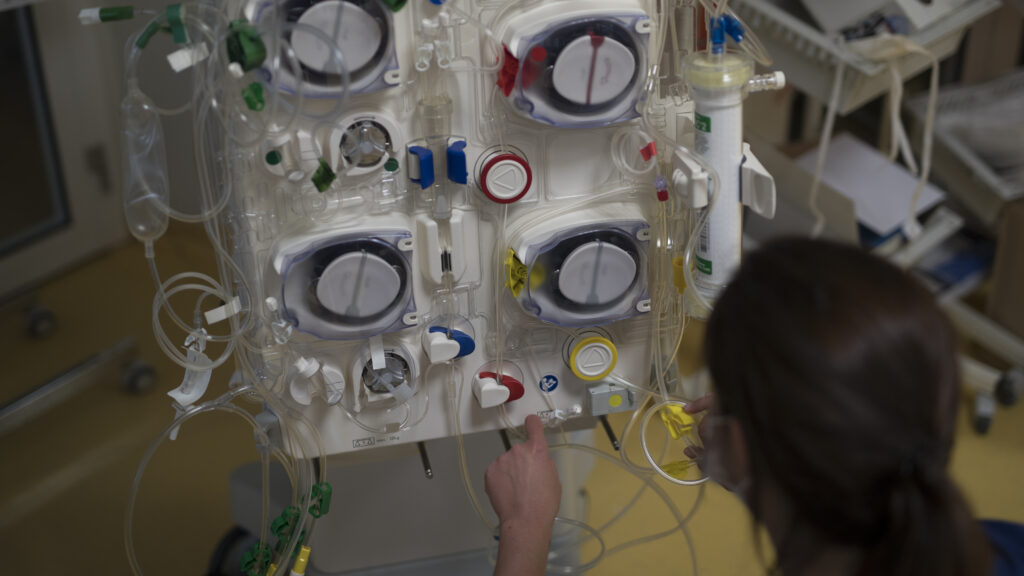Health
Major Medicare test for kidney dialysis care isn’t working, studies say

a A few years ago, the Centers for Medicare and Medicaid Services launched a major experiment. The agency wanted to see whether financial incentives and penalties would improve care for people with end-stage kidney disease. So far it hasn’t worked, according to a new study.
The End-Stage Renal Disease Treatment Choices (ETC) model is a historic effort both because it… largest such experiment in the history of American healthcare and because, unlike previous CMS Innovation Center pilot programs, it is mandatory. About 30% of the country’s dialysis providers participate, while the remaining 70% are used as a control group. It takes the form of a gold standard randomized control trial and is conducted by the entity covering the majority of healthcare related to end-stage renal disease, including dialysis.
Each year, providers are rated based on how many patients they can transfer to home dialysis, which is more affordable for the health care system, and how many people will receive kidney transplants, among other metrics. If they do well, they get some extra money. Those who do not do well risk financial sanctions. Both amounts increase with each year of the experiment, up to an 8% bonus or a 10% penalty at the end of the program.
This article is exclusive to STAT+ subscribers
Unlock this article – plus in-depth analysis, newsletters, premium events and access to networking platforms.
Do you already have an account? Log in
Do you already have an account? Log in
View all subscriptions














